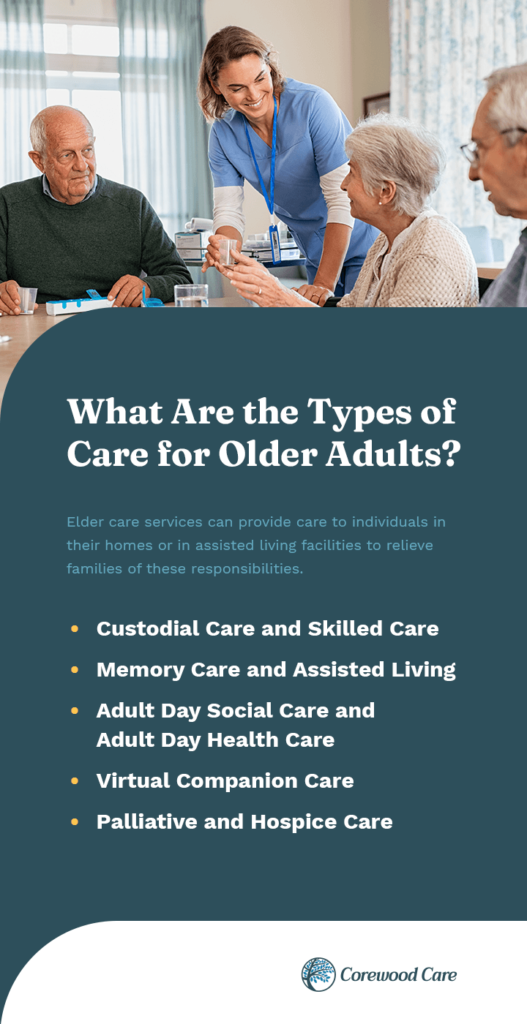Steering the Challenges of Senior Assistance: How Family Interactions Influence Choices
Wiki Article
Managing the challenges of senior care can be a challenging experience for families. As loved ones age, their needs often change, requiring more assistance and aid. Family relationships play a key role in the decision process regarding senior care. Various family members may have diverse views on what type of care is best, which can lead to disagreements and stress. Understanding how these dynamics affect decisions can help families collaborate more efficiently to ensure their relatives receive the best possible care.

One of the main factors affecting family dynamics in senior care is communication. Open and candid discussions among family members are essential for making informed decisions. When family members share their thoughts and feelings about care choices, it can lead to a deeper comprehension of each person's viewpoint. For instance, one sibling may think that in-home care is the most appropriate choice, while another may believe that assisted living is more suitable. By talking about these viewpoints, families can explore the pros and cons of each option and come to a consensus that respects everyone's opinions.
Another important aspect of family dynamics is the distribution of responsibilities. In many families, one or two members may take on the majority of the caregiving tasks, while others may be less involved. This imbalance can create feelings of resentment or annoyance among family members. It is crucial for families to acknowledge and tackle these inequities. By sharing responsibilities more fairly, families can ensure that no one person feels overwhelmed. This collaborative approach not only eases the burden on caregivers but also fosters a sense of teamwork and support among family members.
Emotional factors also play a significant role in decision-making about senior care. Family members may go through a variety of feelings, including remorse, anxiety, and sorrow, as they deal with the challenges of aging. These feelings can influence how decisions are made. For instance, a family member may experience remorse about proposing a nursing home, fearing it may be seen as abandoning their loved one. It is important for families to acknowledge these feelings and create a supportive environment for expressing them. By doing so, they can work through their feelings together and make decisions that focus on the well-being of their loved one.
Lastly, go outside factors can impact family dynamics and decision-making in senior care. Factors such as financial considerations, societal beliefs, and the accessibility of resources can all influence the choices families make. For example, some families may have limited financial resources, which can restrict their choices for care. Additionally, societal beliefs about aging and caregiving can affect how families handle senior care. Understanding these external factors can help families manage the challenges of decision-making and find solutions that align with their principles and circumstances.
In conclusion, navigating elder care demands careful consideration of family dynamics. Effective dialogue, fair distribution of responsibilities, emotional awareness, and understanding external factors are all crucial elements of the decision-making. By working together and valuing each other's viewpoints, families can make informed choices that guarantee their relatives receive the care and assistance they require. This team-oriented method not only benefits the senior but also strengthens family relationships during a difficult time.